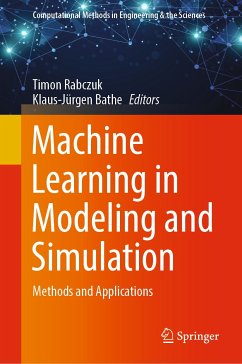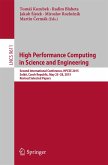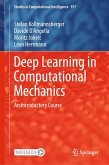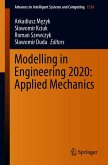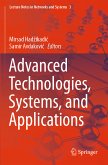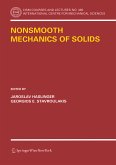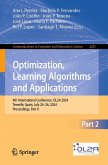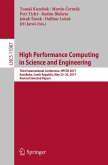Machine learning (ML) approaches have been extensively and successfully employed in various areas, like in economics, medical predictions, face recognition, credit card fraud detection, and spam filtering. There is clearly also the potential that ML techniques developed in Engineering and the Sciences will drastically increase the possibilities of analysis and accelerate the design to analysis time. With the use of ML techniques, coupled to conventional methods like finite element and digital twin technologies, new avenues of modeling and simulation can be opened but the potential of these ML techniques needs to still be fully harvested, with the methods developed and enhanced. The objective of this book is to provide an overview of ML in Engineering and the Sciences presenting fundamental theoretical ingredients with a focus on the next generation of computer modeling in Engineering and the Sciences in which the exciting aspects of machine learning are incorporated. The book is of value to any researcher and practitioner interested in research or applications of ML in the areas of scientific modeling and computer aided engineering.
Dieser Download kann aus rechtlichen Gründen nur mit Rechnungsadresse in A, B, BG, CY, CZ, D, DK, EW, E, FIN, F, GR, HR, H, IRL, I, LT, L, LR, M, NL, PL, P, R, S, SLO, SK ausgeliefert werden.

